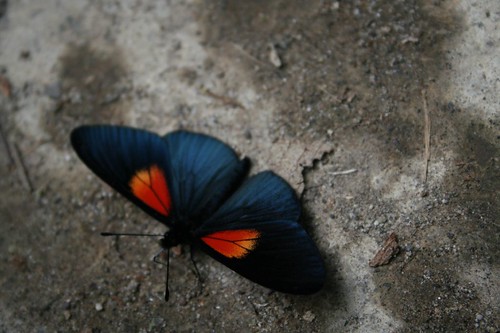I dragged myself to the Golf Fore Africa event in north Scottsdale this week. It had been a long week; I’d already taken time off of work to attend a different lunch-time event and was behind. Always behind.
Poor. Poor. Me.
I have been ass dragging for months. I entered the ballroom with 400 other women, drowning in self-doubt. I promised myself I’d find the friend who invited me, make polite conversation, and not let my tires screech upon escape. For someone who has little to no problem with public speaking, wading into a sea of socialites has always made my palms sweat.
These women were former beauty queens, retired professional athletes, local business mavens. One at my table mentioned after a dozen other accomplishments, “Oh, and I’ve been appointed several times by the President to serve on boards.”
To which I asked, with a mouth full of salad, “President president? Like THE President?”
She patted my hand and smiled, too kind to laugh.
Thankfully, in that sea, I did find a few familiar faces. Women who had served on non-profit boards, volunteered at the community garden, and others who I’d met at smaller events. I took a deep breath and tried to shake myself out of this funk.
It wasn’t until Mary Fisher took the stage that my pathetic self-pity fell away. Mary Fisher, who I watched in 1992 bravely stand before the Republican National Convention to tell the world she had HIV, and she wouldn’t be discriminated against.* Mary Fisher who went on to change public health policy on HIV, become a renowned artist and do fantastic work in Africa. Mary Fisher, who I often wondered about. Is she still alive? Is she still making waves?
She is. And she is the most phenomenal speaker I’ve ever heard. Not a single spoon clanked from 400 dessert plates as she described discovering her soon-to-be ex-husband had given her (and potentially their 3-year-old son) HIV. How she would forgive him on his death bed. How she would go on to later be diagnosed with breast cancer, needing a double mastectomy. Both diseases, she said, brought her closer to the women she loves in Africa. The women also HIV-positive. The women who, as she described, had breasts removed during the Rwandan genocide without anesthesia. Because there was none. How pain, and fighting to survive links these women. All women.
Then she called upon each of us to find our pain and do something with it. To find someone in our community who needs us. That our purpose is to care for each other.
And like a caterpillar shriveling on a branch before metamorphosis, I felt new life stirring in me.
“Your dreams must benefit your community,” another speaker said. “Write them down. Don’t let your dreams be forgotten.”
And so, I am writing them down:
- I want to do something about homelessness among our veterans, and the American Indian population of Arizona.
- I want to write best-selling novels that shake people up and reconsider something they thought they already knew.
- I want to adopt children from the foster care system and have a family that looks like my community: multi-cultured, odd, fantastic, and loved. (Fed at a farm table, with veggies and eggs from our efficient urban farm.)
- I want to remember not to get off course with the materialistic, stupid sides of our culture that truly have no value, and shouldn’t be able to sway my energy.
Time to get to it.
~K
* I was keenly aware as a young child about HIV. We had a child die on our street of the illness from a blood transfusion. I knew his sister, my playmate, well. He was one of the earliest deaths in Arizona from the illness and left us all shaken.

